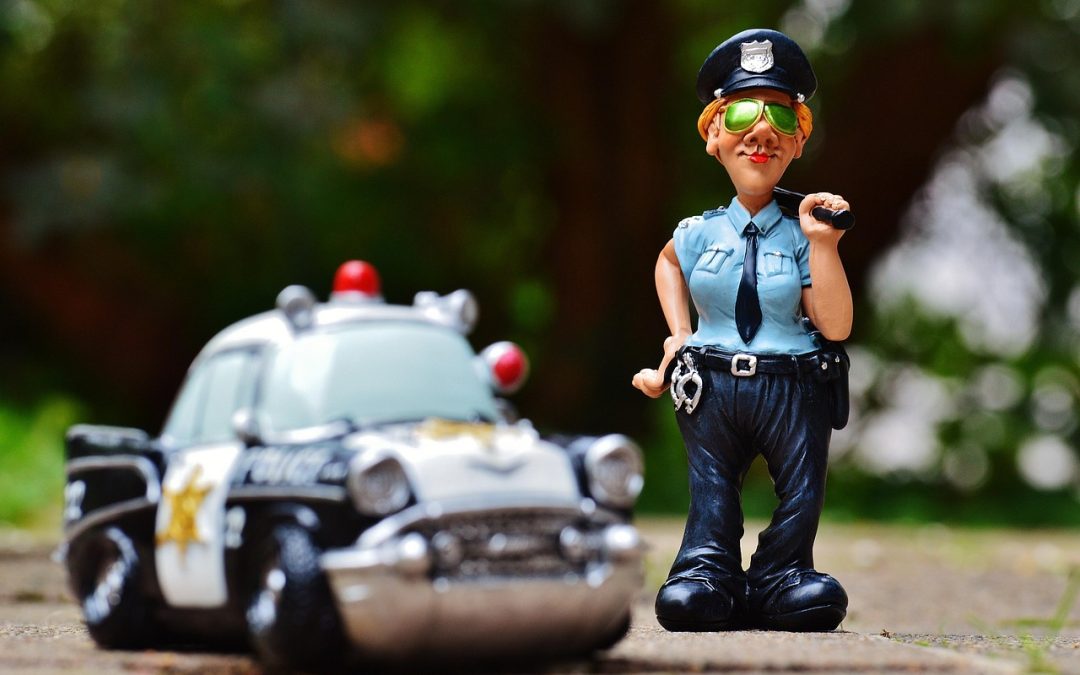As the use of livestreaming apps becomes increasingly popular, it’s essential to understand your rights when recording police interactions. Whether you’re an activist, journalist, or simply a concerned observer, being aware of the legal landscape can help you navigate these situations safely and effectively.
Understanding Your Rights
The First Amendment protects the right to record police officers performing their official duties in public spaces. This right has been consistently upheld by courts across the country, including Glik v. Cunniffe (2011) and Fields v. City of Philadelphia (2014). However, it’s crucial to remember that these rights are not absolute and can be subject to reasonable restrictions.
Practical Considerations
When recording police interactions, it’s essential to prioritize your safety and the safety of those around you. Here are some practical tips to keep in mind:
- Avoid interfering with police operations or obstructing their view. Keep a safe distance and avoid confrontations.
- Be aware of your surroundings and avoid recording in areas with sensitive information or operations.
- Clearly identify yourself as a member of the press or a concerned citizen, if applicable.
- Keep your recording device steady and visible to avoid any misunderstandings.
Balancing Safety and Asserting Your Rights
It’s essential to remember that exercising your rights does not mean being confrontational or aggressive. Being respectful and calm can go a long way in de-escalating tense situations. If you’re stopped or questioned by police, remember:
“The right to freedom of expression is not a license to abuse or to incite; it is a freedom to be exercised responsibly, with respect for the rights of others and the requirements of the common good.”
― Justice Anthony Kennedy
Always prioritize your safety and the safety of those around you. If you’re unsure about your rights or feel threatened, seek legal counsel or contact a local advocacy organization.
In conclusion, knowing your rights when recording police interactions is crucial in today’s digital landscape. By being aware of the legal framework and taking practical steps to prioritize safety and de-escalation, you can effectively assert your rights while promoting transparency and accountability. Stay informed about local laws and regulations, and remember to always prioritize your safety and the safety of those around you.
The information at Observed.Org may not pertain to every jurisdiction. It is YOUR responsibility to know your rights and observe them. Nothing here should be considered legal advice.

